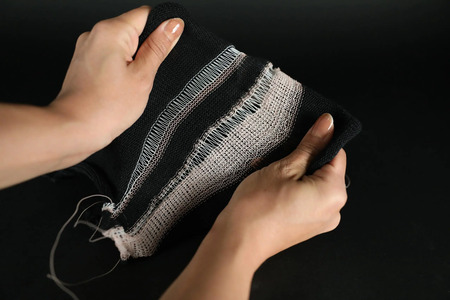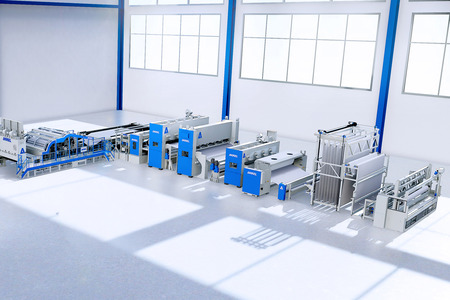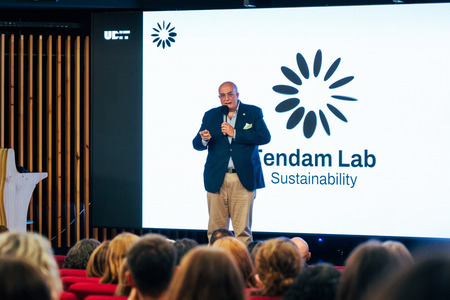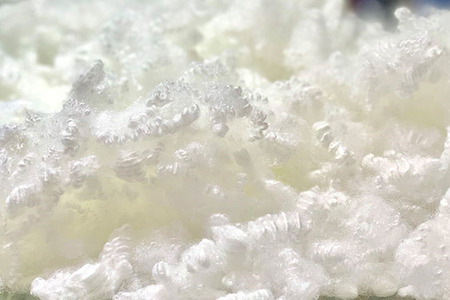
MIT unveils a shape-shifting fiber set, FibeRobo
YarnsandFibers News Bureau 2023-11-15 17:01:57 – USAMIT's interdisciplinary team has introduced FibeRobo, a groundbreaking advancement in the textile industry. This liquid crystal elastomer fiber possesses the remarkable ability to change shape in response to temperature shifts, promising a revolution in clothing and textile applications.
FibeRobo's extraordinary performance lies in its composition of liquid crystal elastomer (LCE), combining crystal-like structure with liquid flexibility. When exposed to heat, the LCE's crystal molecules lose alignment, causing the fiber to contract. Upon cooling, it effortlessly returns to its original length. The manufacturing process involves heating viscous LCE resin, extruding it through a nozzle, and curing it with UV light. This adaptable fiber seamlessly integrates into existing textile production methods, offering a cost-effective solution.
FibeRobo's potential applications are vast. MIT researchers have demonstrated its effectiveness in adaptive sports bras and compression jackets for dogs, highlighting its versatility. The team is actively working on making FibeRobo components recyclable or biodegradable, aligning with sustainability goals. In essence, FibeRobo represents a transformative approach to textiles, enabling fabrics to dynamically respond to environmental changes, revolutionizing fashion and functionality.
Market Intelligence
Ask for free sample Report

experience
Customer Base
dedicated team
Countries Served Worldwide









